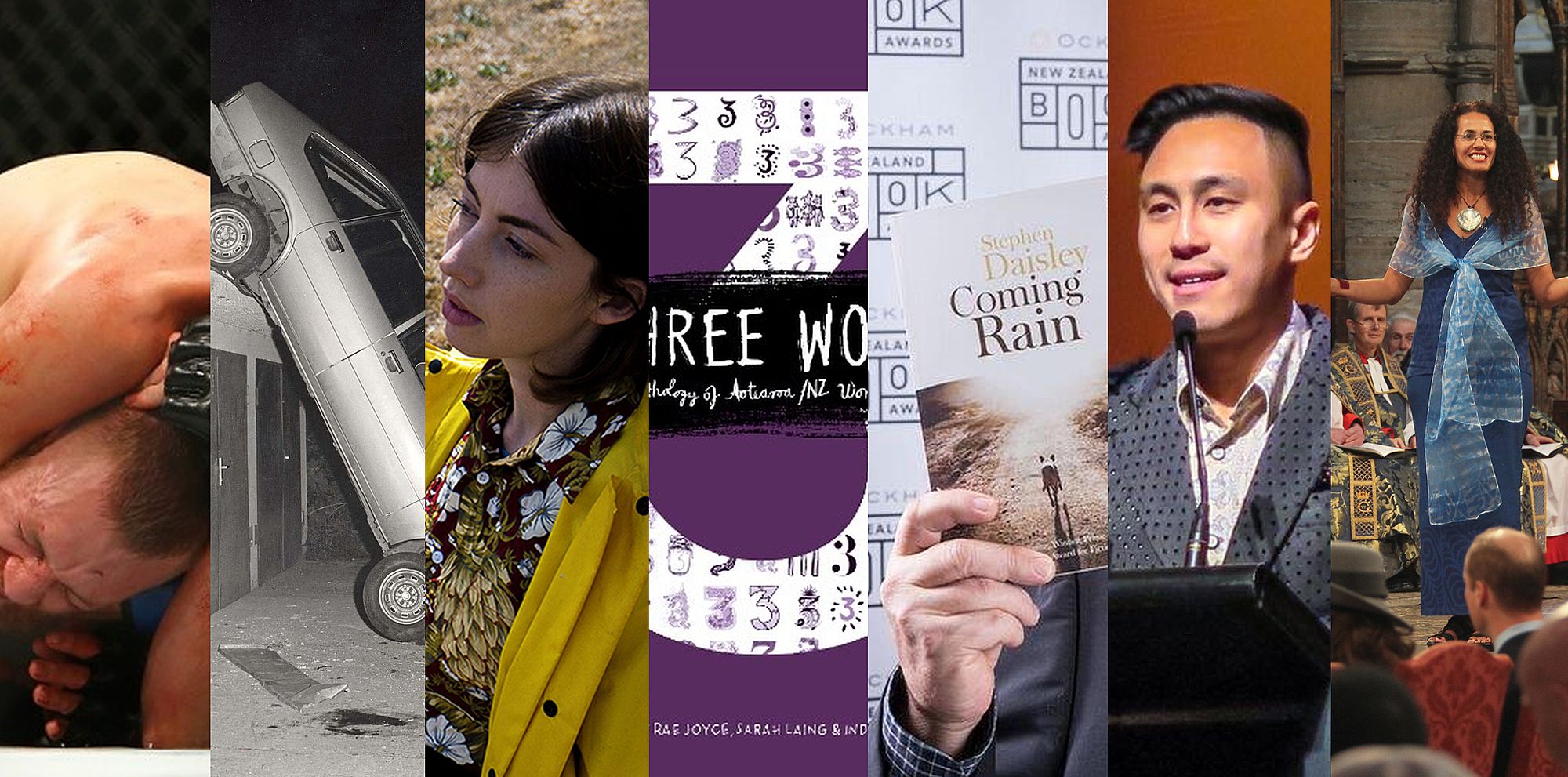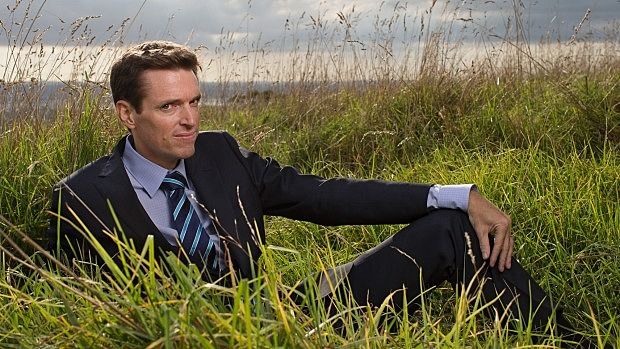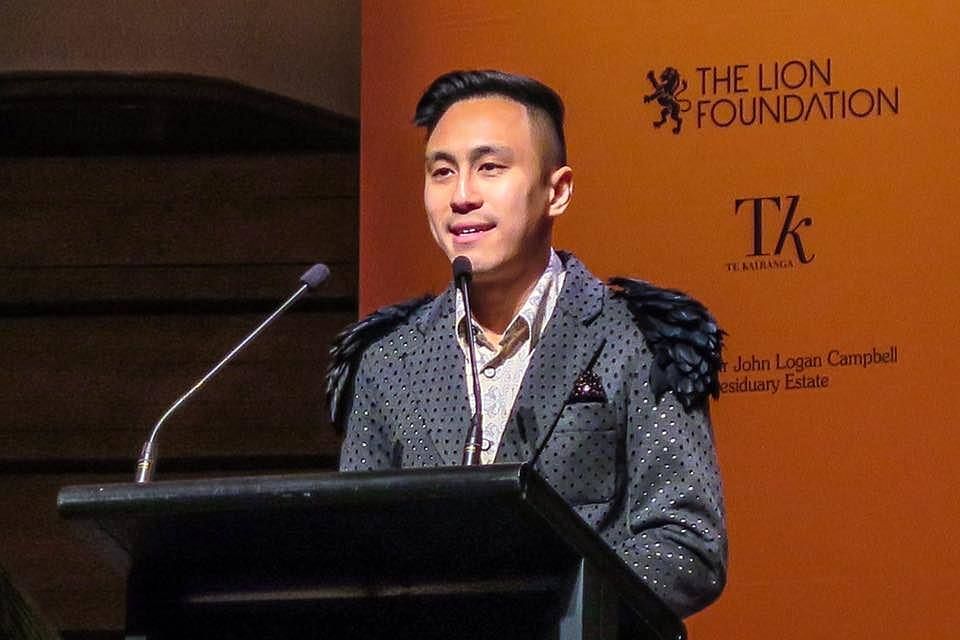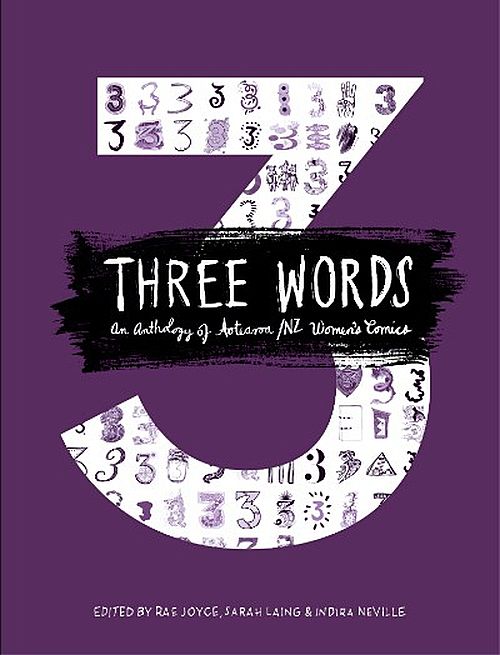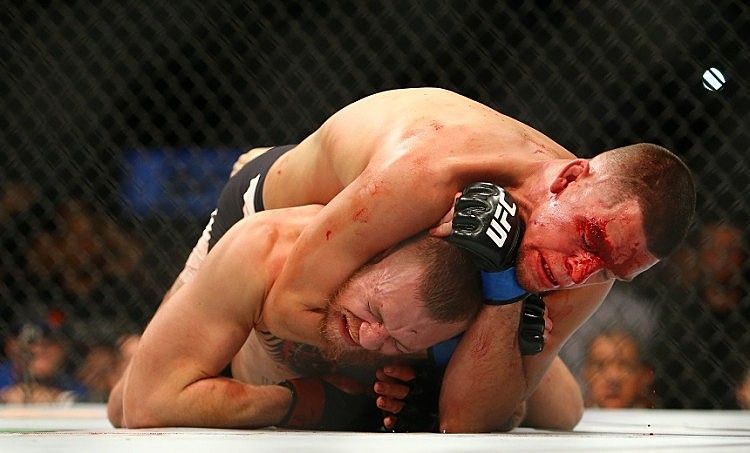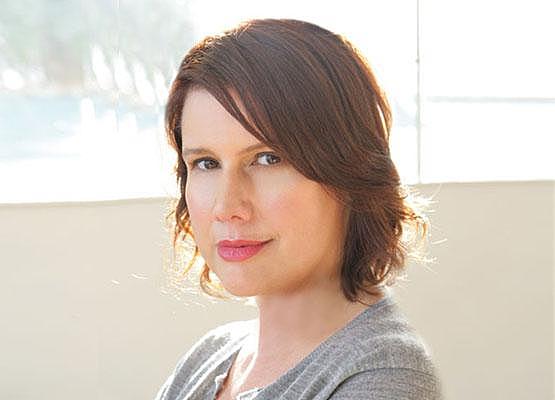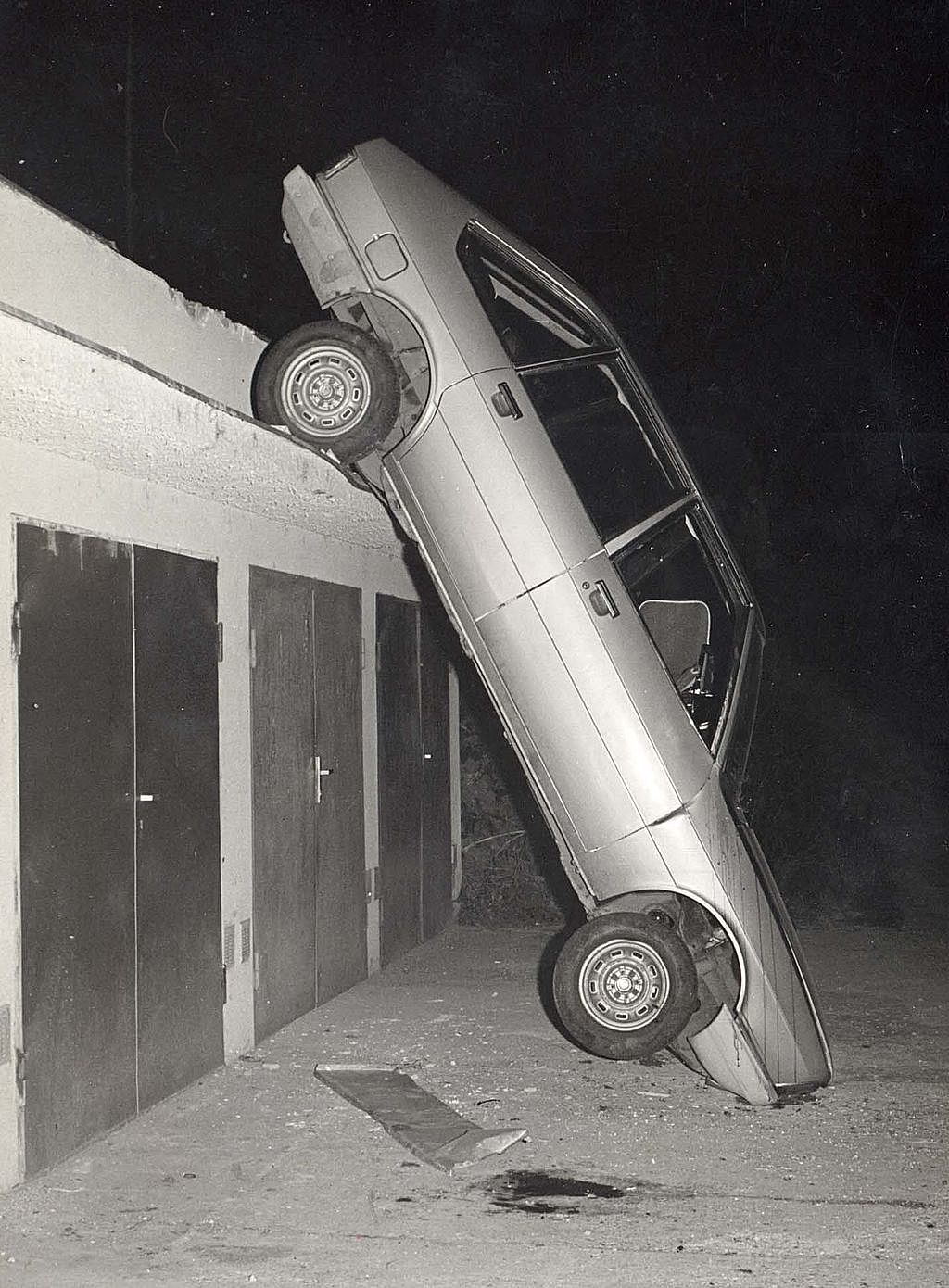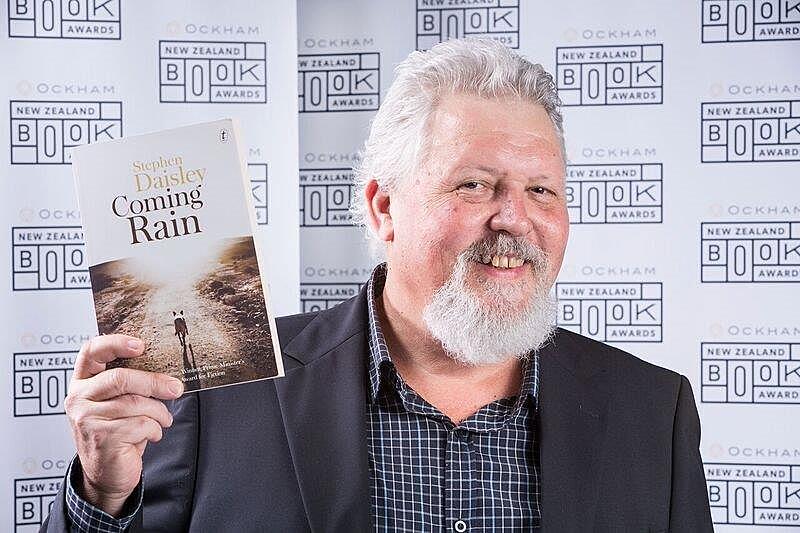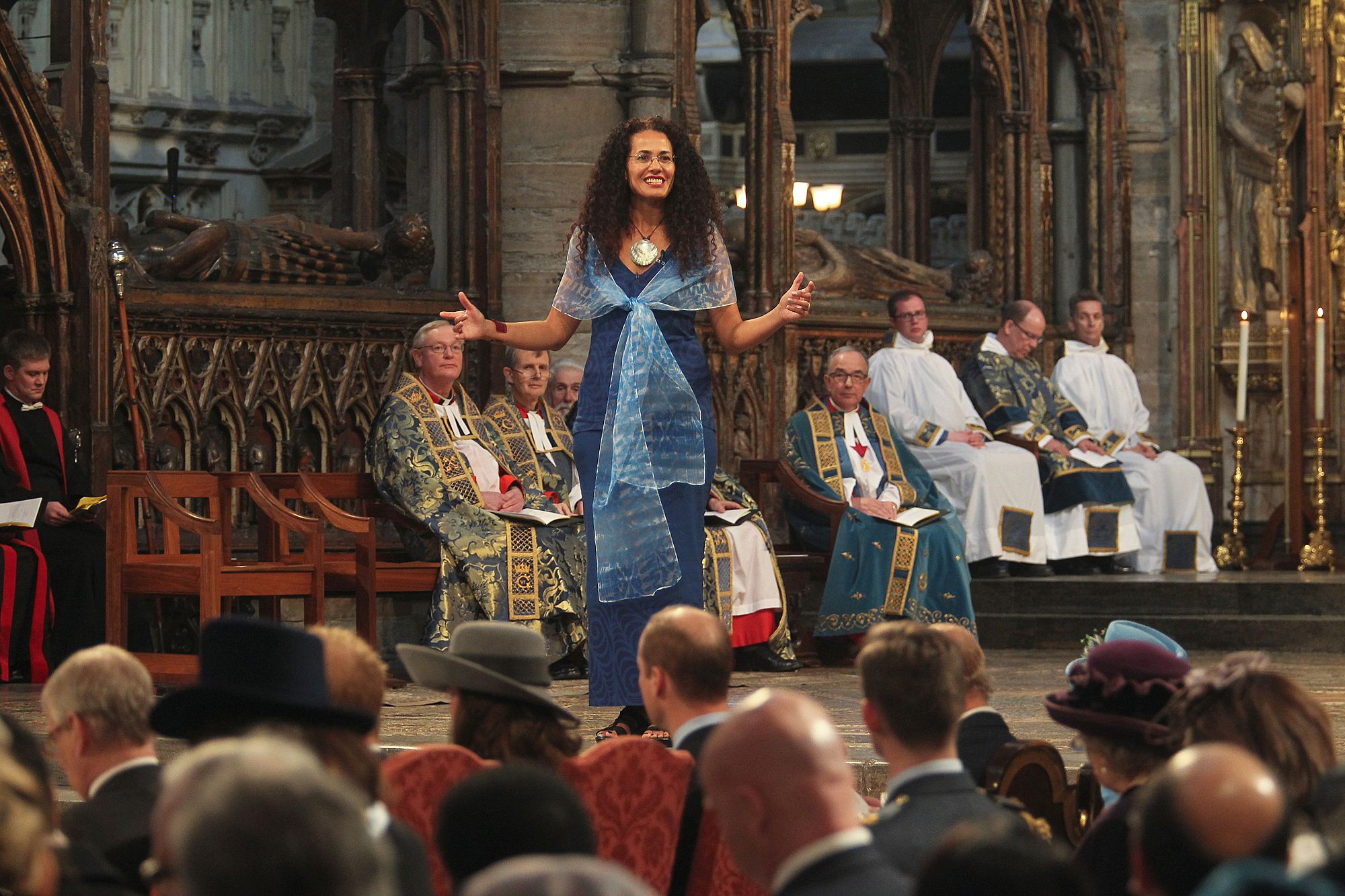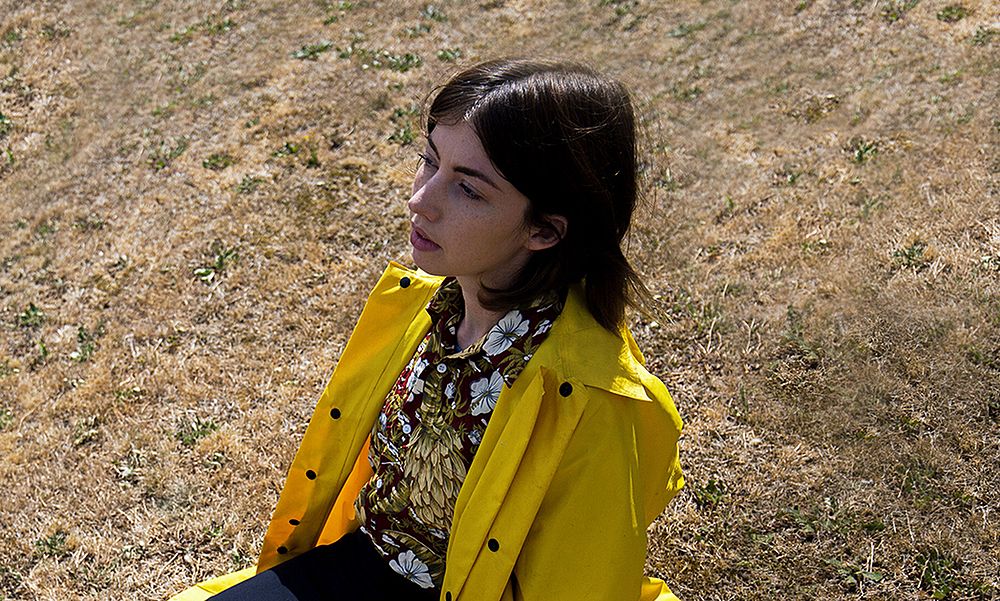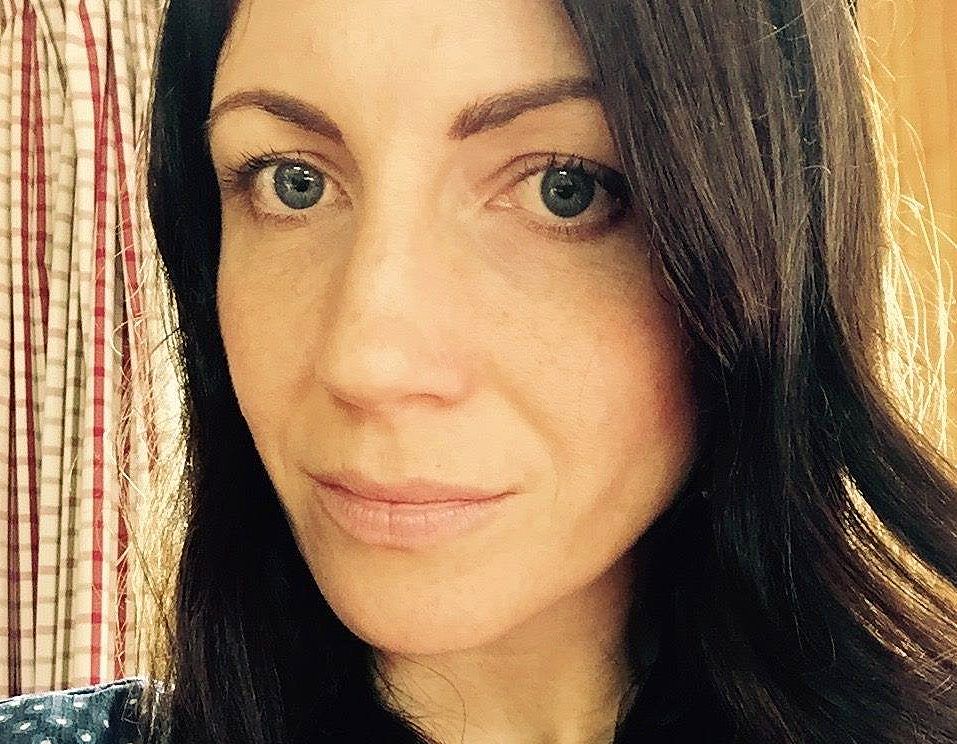Coyotes, Swan Jackets, and Rabbit Holes: Ten Moments in Aotearoa NZ Literature in 2016
Sarah Jane Barnett remembers ten moments in Aotearoa NZ Literature in 2016, and some of them make her shudder.
Sarah Jane Barnett remembers ten moments in Aotearoa NZ Literature in 2016, and some of them make her shudder.
During 2016 many things happened: Atholl Anderson, Marilyn Duckworth, and David Eggleton won the Prime Ministers' Award for Literary Achievement; Jenny Bornholdt finally released a selected works after nine collections and nearly thirty years of publishing her work; there was New Zealand’s first residency at a hotel. None of these made my ten moments of 2016 – a list that I’ve resisted calling ‘top’ – because that’s how strange and outstanding this year has been.
10. ‘Creative Colin’
During a defamation lawsuit, former Conservative Party leader and notable creep Colin Craig was outed as a poet. Nothing prepared us for the ‘poems’ written to his then press secretary, whom Craig has been accused of sexually harassing. As part of the evidence against Craig, his poems were read out to the court. One was entitled ‘Two of Me’:
There is only one of me, it's true
But I wish this were not the case, because I wish I could have you
If instead one man I was two
That would be one for all the other and one of me for you.
As someone who once had a workmate sit too close to me and say, ‘If I didn’t already have a wife, you’d make a good one,’ Craig’s poem made a sticky gob of bile rise in my throat. Craig later denied that what he wrote was a poem. I’d like to deny it too.
9. Chris Tse at the Ockhams
The 2016 Ockham New Zealand Book Awards was a time to celebrate New Zealand writing. It was also a time to argue: who should have made finalist (for instance, Joan Fleming’s extraordinary collection Failed Love Poems); the value of a longlist over a simpler shortlist (a longlist as it publicises more writers); and why fiction alone gets the hefty $50,000 award. What was not under debate was poet Chris Tse’s magnificent sartorial choice and homage to Björk on awards night: the swan jacket. Tse won the Jessie Mackay Prize for Best First Book of Poetry for his collection How to Be Dead in a Year of Snakes, and was shortlisted for the poetry award, all the while looking so damn good. It’s like a challenge to the rest of us New Zealand poets: we need to step it up.
8. Three Words
Three Words: An Anthology of Aotearoa/NZ Women's Comicscame out this year, published by Beatnik Press (edited by Rae Joyce, Sarah Laing and Indira Neville). The anthology dispels the conventional wisdom that comics are created primarily by men and starts to make up for the lack of publishing equality that the Three Words editors have talked about. The publishers said, ‘Although women’s comics haven’t been represented much in New Zealand history books, they have been found in zines and magazines, tumblrs, twitter feeds, shoe boxes, art galleries, painted on old tea trays and brochures, magneted to fridges, tattooed on forearms. And now they’re also here. In this book.’ Good one, Beatnik.
7. Iain Sharp calls out NZ reviewers
In his Spinoff essay a bad-tempered Iain Sharp took book reviewing in New Zealand to task, and for about five minutes created a furore on social media. While Sharp’s purposefully incendiary and grossly generalising essay – for instance, he criticised the entirety of Landfall Review Online without actually entering the website – managed to piss off a few people (myself included), he has a point when he states, ‘Reading is one of life’s great pleasures. Talking about books should be enjoyable too, but it will never be while we’re all talking tactfully through our rear ends.’
While book reviewing in New Zealand is less that it could be, removing tact and cultivating a mean streak creates the same problem in different clothing: a lack of critically astute, nuanced, honest and – most importantly – productive reviews. Plus there’s the lingering problem: the pitiful money that is paid to reviewers (The Pantograph Punch has recently increased its book reviewer fee, but there’s always room for improvement). Sharp’s essay feels like the start a much longer conversation.
As for the most entertaining reviews of the year, my vote goes to Otago Daily Times poetry reviewer Hamish Wyatt, and his strange but addictive ‘bullet point’ reviews. Here his review in full of John Dickson’s new collection, Mister Hamilton:
‘John Dickson has not released a collection of poems since Sleeper (AUP, 1998).
He was born in Milton, educated at Southland Boys’ High School and attended the University of Otago.
Dickson was Burns Fellow in 1988.
He has talent to burn.
If you like your poetry full of honesty, Mister Hamilton is the one for you.
This is a collection of poems that are rather tastefully well-dressed.’
6. Academy of New Zealand Literature
Paula Morris launched The Academy of New Zealand Literature/Te Whare Mātātuhi o Aotearoa, a ‘writer-led initiative developed to help our active practitioners sustain themselves – creatively, intellectually, psychically, practically – through a writer’s life.’ The Academy began with fifteen fellows and around 100 members, who were all invited to join.
Although there has been some criticism that the University of Auckland-funded initiative will be too Auckland-focused, the ANZL/TWMA have started to publish interesting conversations/kōrero, features and interviews such as Heidi North-Bailey’s ‘Letter from Shanghai’ and Lawrence Patchett’s exploration of New Zealand nonfiction in ‘A Natural Utterance for the Era.’ Whether or not they will be Auckland focussed remains to be seen – it would be unfair to do a straw poll of members while they’re still in development. I’m giving them the big thumbs up.
5. Peter King rants about pretty much everyone
Over on Medium, research journalist Peter King went down the rabbit hole in a rant that attacked the NZ Listener, The Book Council, Creative New Zealand, the Minister for Culture and Heritage, academics, librarians, and New Zealand literature as a whole. While a few of his points deserve further discussion, and I’m all for critical and respectful debate, his delivery was brutal. While Iain Sharp's essay on review culture was needling and uncomfortable (which is sometimes required to puncture comfortable but restrictive cushioning) the way Sharp's essay was written to provoke response shows a desire to create dialogue. King's essay was simply ranty and mean-spirited and I can’t see what that will achieve. We’re a small industry in a small country. Come on fellas, let’s try to get along.
4. Relative unknown Stephen Daisley wins the Ockhams
To some shock, former shearer and musterer Stephen Daisley was awarded the inaugural Acorn Foundation Literary Award of $50,000 at the Ockham New Zealand Book Awards for his second novel, Coming Rain. Before the award Daisley was virtually unknown in New Zealand; while he’s originally from Raetihi, he’s been living in Australia for the last 25 years. By all accounts, Coming Rain – which is set in the wheatbelt of Western Australia – is an incredible novel, with one Stuff reviewer gushing: ‘This is a book both repulsive and beautiful, written with such understanding, such a clear, unflinching eye.’ Definitely one to add to my summer reading list.
3. Ivan Coyote at WORD
Spoken word performer and writer Ivan Coyote was the undisputed favourite of the 2016 WORD Christchurch festival. Coyote is a seasoned performer who often ‘grapples with the complex and intensely personal issues of gender identity, as well as family, class, social justice and queer liberation.’ It was incredible to watch so much heart, talent and wit on stage.
2. Selina Tusitala Marsh reads for the Queen
On 14 March, Selina Tusitala Marsh performed a poem for Her Majesty Queen Elizabeth II on behalf of 53 nations for Commonwealth Observance Day, and then wrote a brilliantly funny essay about the experience of writing a poem that suited the occasion, but which also acknowledged colonisation and celebrated Marsh’s ancestry and values on her terms. How much prouder could we be? Not much.
1. Hera Lindsay Bird
For her wonderful interview on The Guardian; for being on the New Zealand bestsellers list every week since the launch of her debut, Hera Lindsay Bird; for her profanity, humour, talent, and forlorn intensity; for the fact she works as a bookseller promoting other writers’ work. Whatever you think of Bird’s poetry – and I think it’s exceptionally good – she makes the literary scene more relatable and a hell of a lot more fun.
Photo Credits: Image of Chris Tse used with permission of the author; image of men wrestling originally appeared with Iain Sharp's essay on the Spinoff; car crash image by Ervín Pospíšil used under CC-BY-SA-3.0 or CC BY-SA 2.5-2.0-1.0; image of Selina Tusitala Marsh originally appeared with her essay on Booknotes unbound; image of Hera Lindsay Bird by Russell Kleyn.
